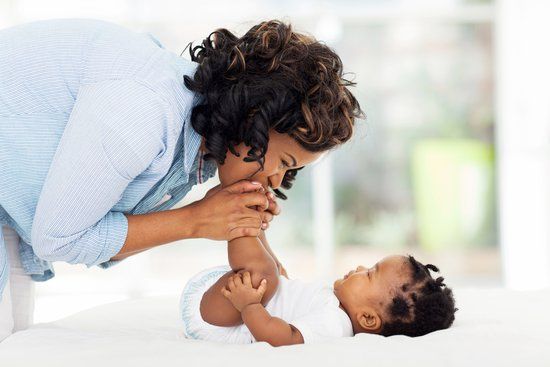If you’re in your early 30s and haven’t yet had a baby, you may be concerned that your chances of pregnancy are decreasing as you age.
But according to a report in America, some experts are now challenging the notion of age-related fertility, saying that for many women, they are more fertile later in life than they thought and that statistics related to births in older women are outdated.
Whilst it’s true that many women have no issues getting pregnant when they’re aged 35 or over, for many it’s not as easy and of course there are risks associated with pregnancy once you reach a certain age.
It’s also very important to consider what happens if you want to add to your family? You may have your first child in your mid-thirties, and then want a sibling in future – but because of your age, you may find it takes a lot longer to get pregnant a second time.
Secondary infertility – being unable to get pregnant again even though you’ve successfully conceived before – is actually very common and for many women, it can be down to the fact that they’re older when they try for a baby again, than they were the first pregnancy. Fertility does decline as we age, typically over the age of 35 and even more so once you reach late 30s and early 40s.
However, you shouldn’t assume that if you are older, you’re going to automatically need infertility treatment to have a baby. A good first starting point before you make any decisions about whether to wait to start a family is to undergo a comprehensive Fertility MOT. This is a series of simple tests, including ovarian reserve, which tells us how many eggs you have remaining and gives us a good indication of your fertility status.
The results will tell us whether there are any underlying issues which could prevent you conceiving naturally, and if you are likely to need our help in future if you want to have a family. Ensuring you are fully-prepared and informed about your fertility to enable you to make that decision about when the time is right for you to have a baby.
For more details about Fertility MOT, click here. You do not need a referral for a Fertility MOT – you can simply make an appointment with us. You can also read our handy Guide for Older Women about your options if you do need infertility treatment to have a baby.
If you have any questions at all or are concerned about your fertility, don’t forget you can also use our confidential, anonymous Ask the Expert feature where you can ask our team any questions you have.
Last updated: 20th January 2020



